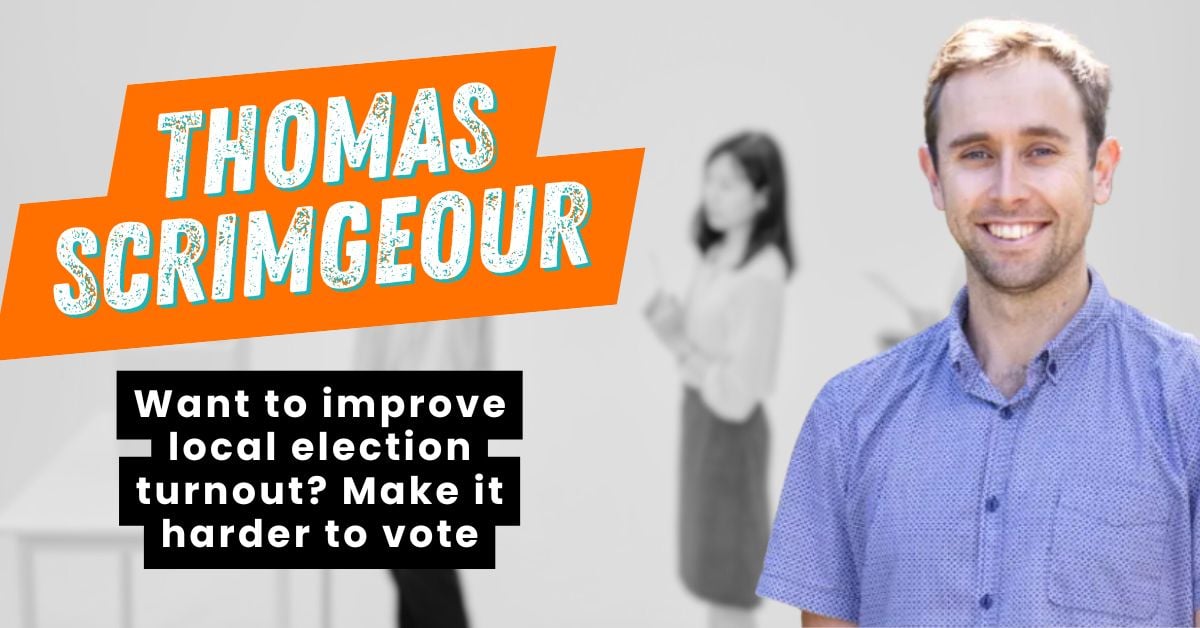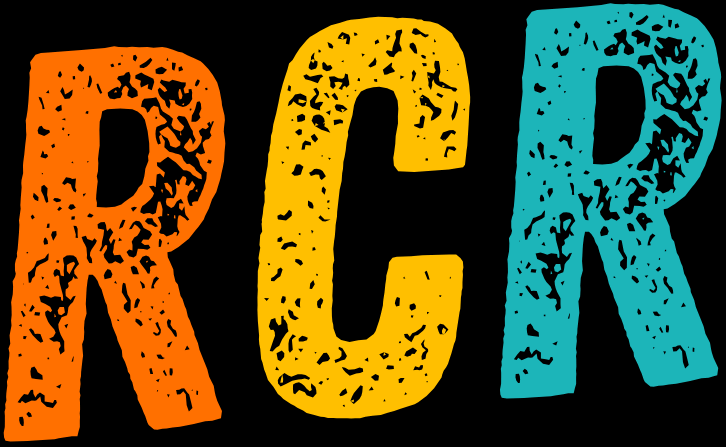
by Thomas Scrimgeour
Local government elections are fast approaching. When turnout inevitably proves dismal, the chorus of pious suggestions to make voting even easier will grow louder: Go digital. Launch public information campaigns. Make it 16. Keep postal voting open for forty weeks.
Of course, none of these will work. Less than half of eligible voters exercised their democratic right last time, so a 40% turnout might be the best we can expect this time round.
One solution that’s less tedious than lectures about voting convenience (but still doomed to fail), is making the politicians themselves more engaging. Wayne Brown’s war on road cones is great entertainment, but it won’t get people out the door. Constituents only turn out when they believe their vote has value; without that, even the most colourful politicians won’t motivate them.
The lesson? Don’t ask policy wonks and civics nerds to fix this. Well-adjusted people hate politics and prefer to think about it as little as possible. If you want something done well, go to the most venal, self-serving jackals of capitalism—ad men.
Rory Sutherland, the most affable of these villains, has little time for the rational, reasonable solutions of engineers or responsible public servants. Sutherland prefers to take inspiration from Frederick the Great, who tried to get his citizens to cultivate potatoes. Frederick agreed to have them planted on state land and ordered his soldiers to guard them—but only during the day. Anything worth guarding is surely worth stealing. At least that’s how the old story goes. Good enough for marketers if not for historians.
So no, voting doesn’t have an accessibility problem—it has a value problem.
Sutherland’s mercurial logic can be deployed just about anywhere. Take Auckland’s expensive new Central Rail Link. $5.5 billion dollars of hard construction in the name of increasing public transport use. Sutherland might say that $2 billion in free champagne could’ve done the job—with far less hassle.
The problem with “get-out-and-vote” campaigns is that they devalue the very product they’re trying to sell. Go vote—it’s effortless. So easy, it’s almost meaningless. You won’t even notice you’ve done it.
So no, voting doesn’t have an accessibility problem—it has a value problem. If we want turnout on the up, make it matter. Make it memorable. Make it a little harder.
How? Voting should happen in person, on a single day. The fictional community of election day is what gives it meaning. Walking into a school hall beside nameless neighbours is one of the last reminders that we share a common life.
Bribes, like the Aussie’s sausage sizzle tradition, might work, but only if they create a fear of missing out. Don’t make the mistake of the recently deceased census and chase the hesitant with free Warriors tickets. No one is attracted to desperation. Don’t chase the voters—make them come to you.
Better yet, guard the elections—but not very well. Introduce a token obstacle, just enough to provoke outrage over excluding some tiny subset of voters. Nothing drives turnout like spite.
Low voter turnout is a serious problem. But we shouldn’t treat it seriously. Only reverence for the most superficial rituals of democracy can save it.
Originally published on Maxim Institute.
